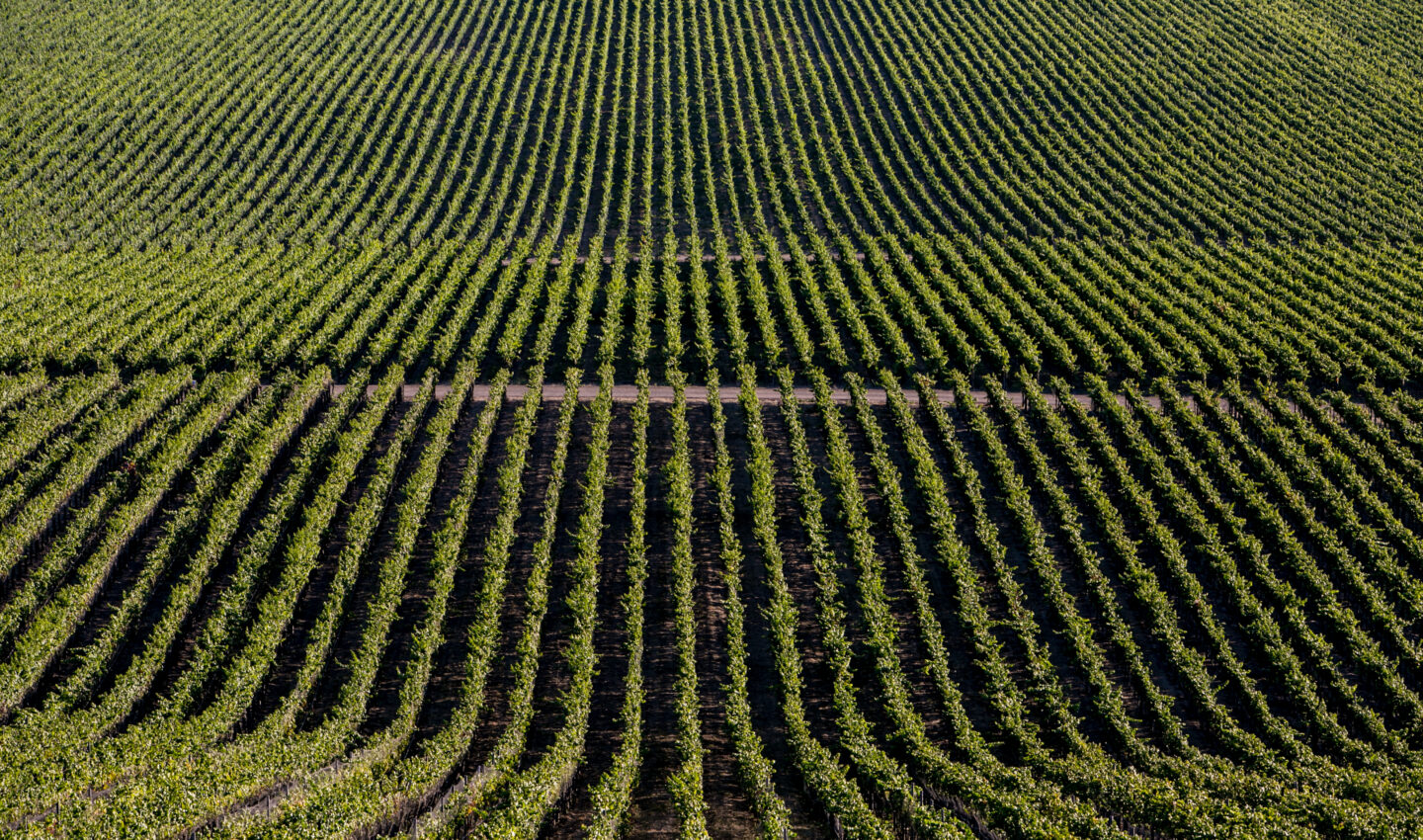Massachusetts Beverage Container Law
Last Updated: Nov. 21, 2024
Below is the information we have at this time; it will be updated as more information becomes available.
Summary
Glass, plastic, metal, aluminum, and bi-metal containers holding beer and other malt beverages, carbonatedsoft drinks, and mineral waters are subject to the law. All must carry deposit labels before they are sold
Resources:
Beverages Included in the Bottle Bill
Is wine included in the bottle bill?
- No
Are wine (coolers) products or wine-based ready-to-drink beverages included in the bottle bill?
- No
Definitions:
“Beverage” – soda water or similar carbonated soft drinks, mineral water, and beer and other malt beverages, but shall not include alcoholic beverages other than beer and malt beverages as defined Ch. 138, dairy products, natural fruit juices or wine.
Exempt Beverages or Containers: Wine, dairy products, natural fruit juices, and other alcoholic beverages other than beer and malt beverages are exempt from the law. Any containers greater than two gallons in size are also exempt.
Beverage Containers Included in the Bottle Bill
Are wine containers included in the bottle bill?
- No
Are wine product containers included in the bottle bill?
- No
Definition:
- Beverage container: any sealable bottle, can, jar, or carton which is primarily composed of glass, metal, plastic, or any combination of those materials and is produced for the purpose of containing a beverage. This definition shall not include containers made of biodegradable material, or of greater than two gallons capacity
Is there a DTC Exemption?
- Not Applicable as all wine containers are excluded from the bottle program.
CRV Labeling
- Not Applicable as all wine containers are excluded from the bottle program.
Redemption Value (CRV)
- Not Applicable as all wine containers are excluded from the bottle program.
Processing (Handling) and Redemption Fees
- Not Applicable as all wine containers are excluded from the bottle program.
